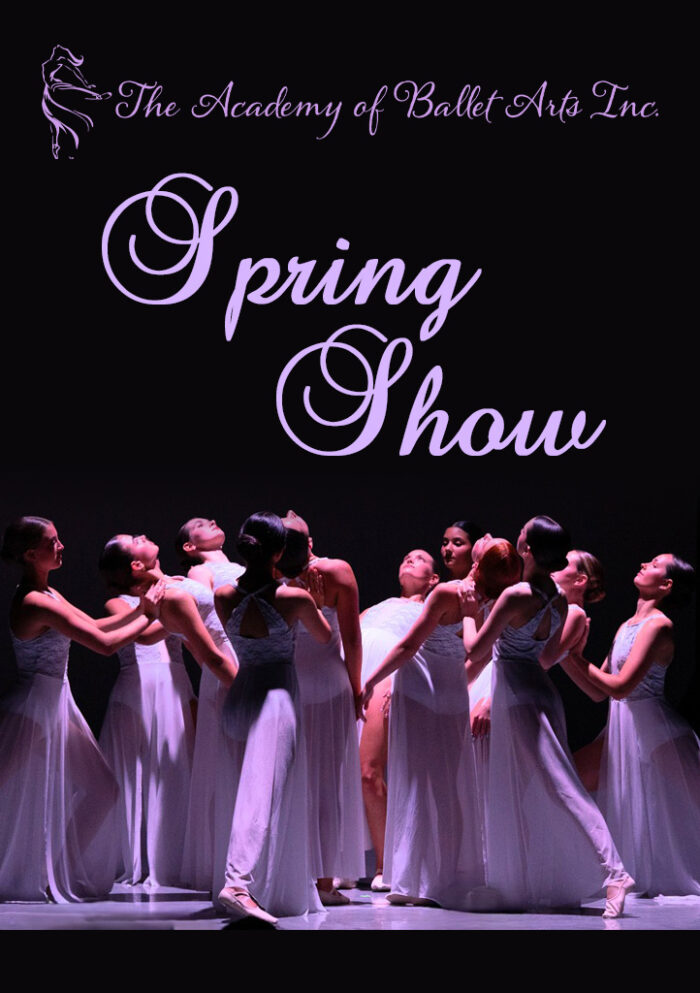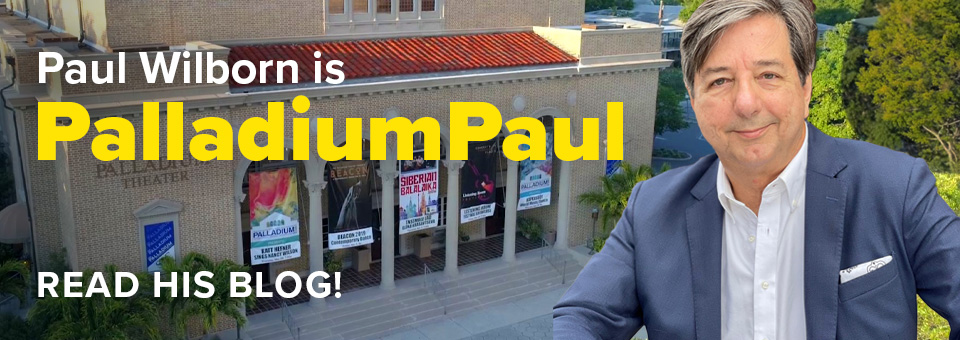Just in time for our all-Chopin program performed by famed pianist Arthur Greene (Hough Hall, Thursday, Dec. 6 at 7:30) there’s a new biography of the Polish composer. A review of the book made the front cover of the New York Times book review last week.
Chopin and his music are not only amazing – but timely!
Author Alan Walker has written Fryderyk Chopin: A Life and Times. And it appears just in time for our Evening of Chopin: Rarities & Favorites, performed by Greene. it’s part of our three-concert piano series with The Chopin Project. Here’s a link for tickets to that concert.
To read the full New York Times review just follow this link to the Times site. Or just enjoy this excerpt:
FRYDERYK CHOPIN
A Life and Times
By Alan Walker
Illustrated. 727 pp. Farrar, Straus & Giroux. $40.
By Corinna da Fonseca-Wollheim
A secret congregation of politicians, religious officials and scientists gathered near midnight on April 14, 2014, in the Holy Cross Church in Warsaw to exhume the heart of Chopin. No press was invited and word of the event did not filter out until five months later. The visitors did not open the crystal jar contained in a coffin inscribed with the composer’s name. But they examined and photographed the enlarged organ inside, which had been pickled, probably in cognac. Later, experts would say a whitish film coating the heart pointed to a death from tuberculosis with complications from pericarditis. The archbishop of Warsaw blessed the organ before it was reinterred in a stone pillar bearing a verse from Matthew: “For where your treasure is, there your heart will be also.”
 The posthumous reputation of Frédéric Chopin (1810-49) stands in stark contrast to his music. A lifelong agnostic, he — or at least his heart — is venerated like a relic in Poland. He never wrote an opera, but in his afterlife he continues to throw up scenes of high drama. In his works — almost all for piano — he dispensed with the programmatic titles that many 19th-century composers used to evoke fairy-tale landscapes and picaresque quests. Yet almost from the moment Chopin died, in Paris, legends attached themselves to his name like ivy.
The posthumous reputation of Frédéric Chopin (1810-49) stands in stark contrast to his music. A lifelong agnostic, he — or at least his heart — is venerated like a relic in Poland. He never wrote an opera, but in his afterlife he continues to throw up scenes of high drama. In his works — almost all for piano — he dispensed with the programmatic titles that many 19th-century composers used to evoke fairy-tale landscapes and picaresque quests. Yet almost from the moment Chopin died, in Paris, legends attached themselves to his name like ivy.
There was the handful of Polish soil Chopin was supposed to have hoarded so it could be scattered over his coffin. A forged diary made the rounds. Priapic letters, addressed to a licentious countess, inflamed scholarly minds until Polish criminologists debunked them as fabrications. Even while alive he became a thinly fictionalized character in a novel by George Sand, his partner of nine years.
For a biographer, there’s a lot to untangle. Alan Walker does so brilliantly in “Fryderyk Chopin: A Life and Times,” a magisterial portrait of a composer who fascinated and puzzled contemporaries and whose music came to define the Romantic piano. (Walker uses the Polish variant of the first name.)
Drawing on a wealth of letters and fresh scholarship, Walker creates a polyphonic work that elegantly interweaves multiple strands. He sketches key events in the history of Poland and portrays the burgeoning society of Polish exiles in Paris in a way that lends depth to Chopin’s oft-cited patriotism. Chopin left Poland just before the Warsaw Uprising in 1830. The bittersweet pathos that would infuse so many of his compositions based on Polish dances — the mazurkas and polonaises — here appears as the musical expression of survivor’s guilt.
Another thread that runs brightly through the book concerns virtuosity, and Chopin’s place in a music scene dominated by stage animals. This was, after all, the age of the devilishly gifted violinist Paganini and of piano wizards with outsize egos that divided critics and fans. With the exception of Liszt their names — Alkan, Dreyschock, Kalkbrenner, Thalberg and many others — have long been forgotten. But it was in opposition to these acrobats of the keyboard that contemporaries experienced Chopin’s playing.
Although gifted with prodigious technique, Chopin stood outside the “flying trapeze school” of pianism. “I really don’t know whether any place contains more pianists than Paris, or whether you can find anywhere more asses and virtuosos,” he wrote in a letter that makes his views on the matter clear. “Is there a difference?”







Leave a Reply